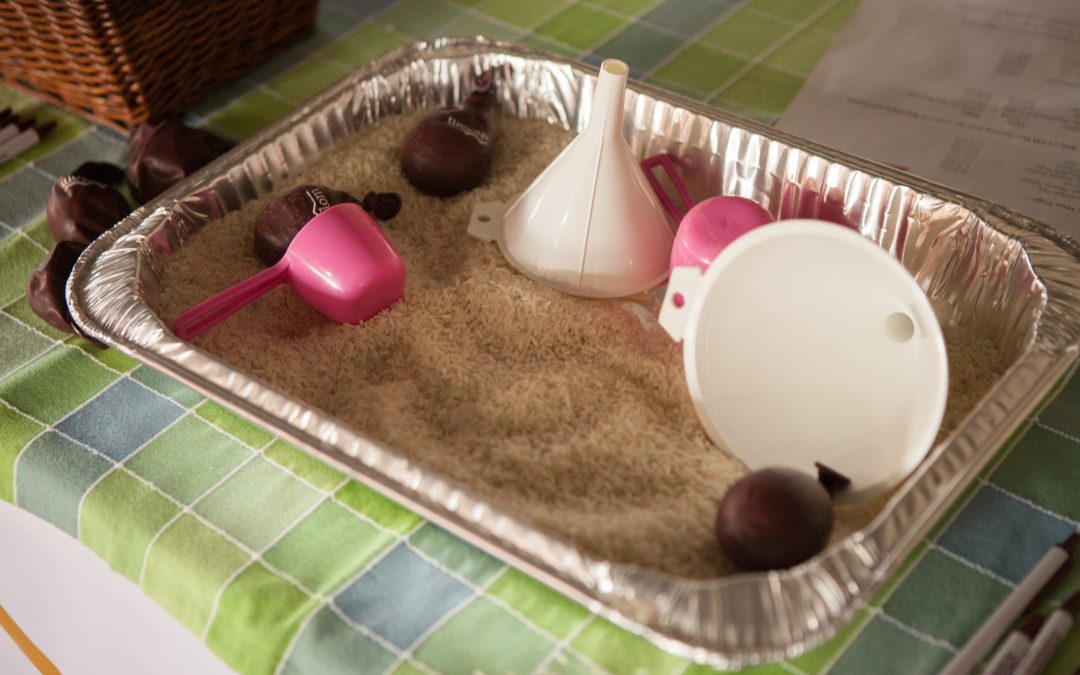By Katie Heisel, MSW, LGSW
It is easy in an age of never ending internet access to be completely overwhelmed with news of all the things that are happening. Scary things, interesting things, and unimportant things. Social Media options are so tantalizing! Does it ever feel like you have too many things to think about and not enough time to do so? Do you feel overwhelmed and unable to get it all done? There is something about having too much to think about and limited time and when I don’t have the time to digest the flood of information, I get pretty stressed out. Come to think of it, when I have too many things to do and not enough time to do it, I rush. I don’t plan well. Just thinking about the upcoming holidays, family get-togethers, and chores I need to do around my apartment- I can feel the rising panic. Sure, we could say that I have a lot of time to do this now, if I plan well. Unfortunately, extra time is a tricky thing to find in our schedules. We work, have other obligations, care for family members, and those that use public transportation spend a lot of the extra time getting from place to place. Kids have appointments. Time off is a precious commodity, if there is any left after sick days!
There is science and plenty of research behind how the lack of things affects us. Economists and psychologists alike study Scarcity and the “Scarcity Mindset”. The research on the way that this stress of insufficiency affects our daily lives is essentially the study of how our brains function when we have too little; too little food, too little housing, too little money, too few social connections, etc. Those deficiencies impact both our thinking and our feeling. We are more scatter-brained, less organized. We get impulsive. We are less effective at figuring things out which takes energy away from planning and goal making. Think of how sluggish you feel when you are sleep deprived- this is the cognitive type of change that happens with this scarcity stress!
It is an overwhelming dilemma to not have enough. We all struggle, at some level, with this kind of issue. We manage, we plan as best we can. But what about when this situation is at an extreme? We have neighbors who don’t have stable housing. No human can be expected to plan preventative doctor appointments, get the laundry done, keep up with bills, and help with homework when they are constantly worried about having a warm place for their family to sleep and empty stomachs. Forget having the mental energy to quit smoking; that’s at the end of the to-do list.
Our community has various resources to help you out. A great place to start is the United Way 211: 651.291.0211 or www.211unitedway.org. Here you can get food shelf information, get on housing wait lists, find out how to get a holiday food basket, where to find winter clothing, and even holiday gift giveaways. There are community meals served at churches if you and your family need somewhere to eat. And if you are fortunate to be on the other end of things, you can call the same number to find out where to make donations of any kind.
Here at United Family Medicine, your neighborhood and community clinic, your health includes your daily access to food and safe housing. We see healthcare as the health of the whole person, the health of the entire family system and the health of our neighborhood. We are here for your health needs; from preventative screenings, well-child checkups, vaccinations, crisis illnesses, to chronic health concerns. Additionally, we have Patient Advocates at our clinic to help you apply for medical assistance, Referral Navigators to help you with your referrals for medical specialty appointments, and Social Work to help get you connected to various resources in the community, including mental health. Psychologists are available for therapy to help with the stress you are carrying around.
For more information about scarcity and read the research sourced in this article:
https://harvardmagazine.com/2015/05/the-science-of-scarcity
http://www.apa.org/monitor/2014/02/scarcity.aspx
https://www.economist.com/news/books-and-arts/21584303-those-too-little-have-lot-their-mind-days-late-dollars-short

